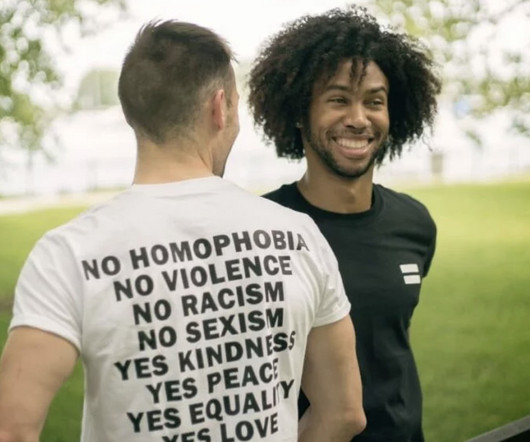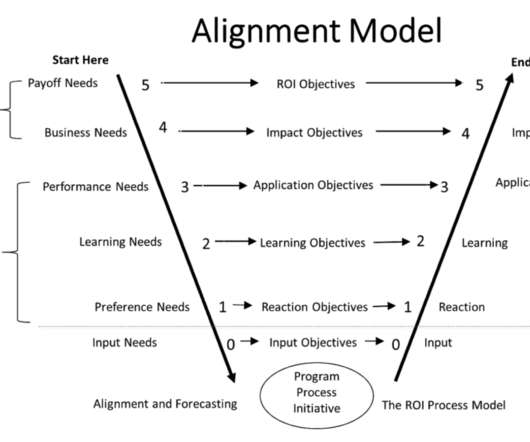How to Overcome Stereotypes at Work: 7 Tips
Ongig
FEBRUARY 21, 2024
Tip #1 – Promote Inclusivity Workshops And Programs to Overcome Stereotypes at Work Overcoming stereotypes requires strong empathy among team members. To create a more understanding team, organize regular workshops and training about diversity and inclusion. So, these sessions can have activities like role-playing.

















Let's personalize your content